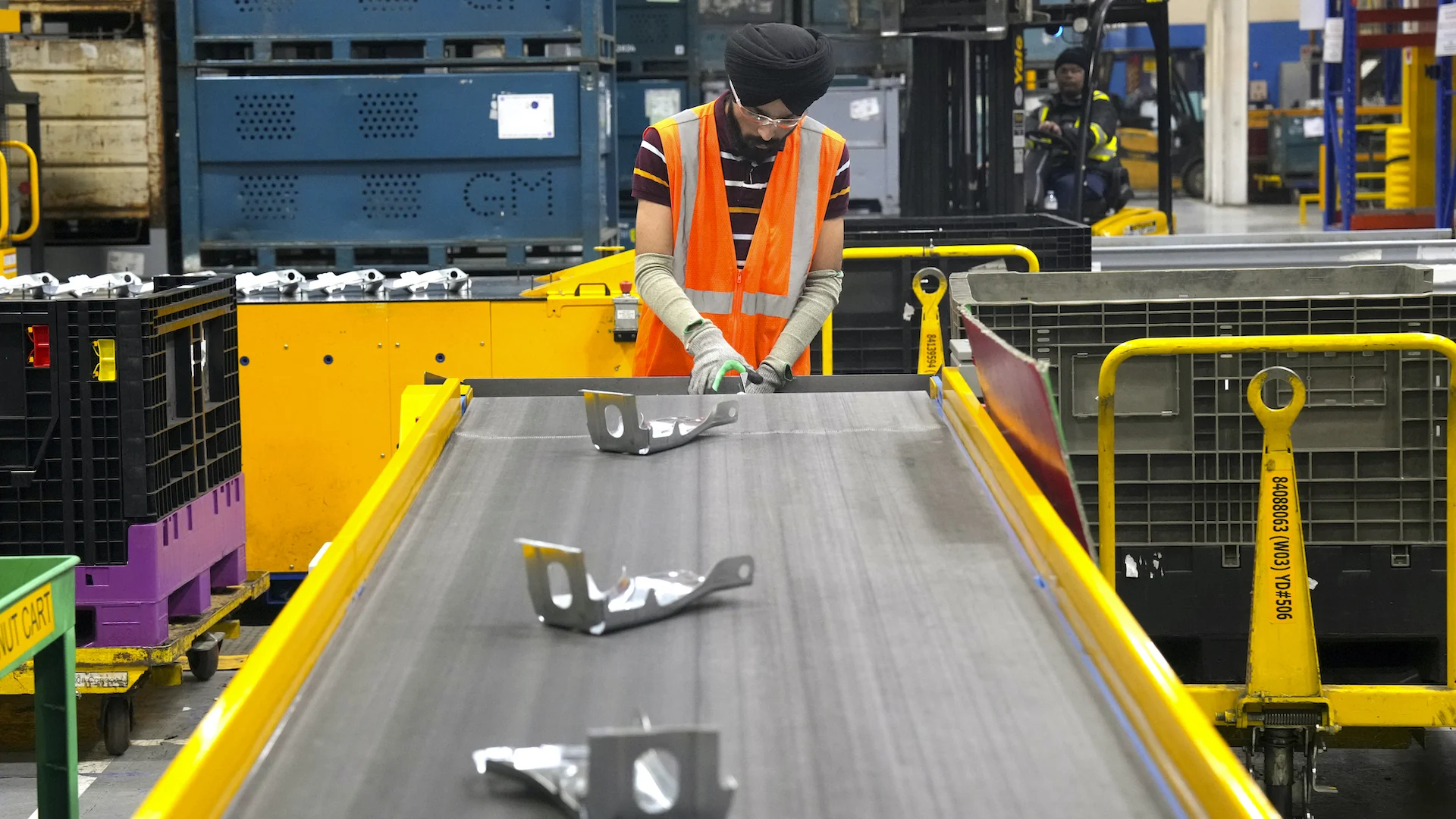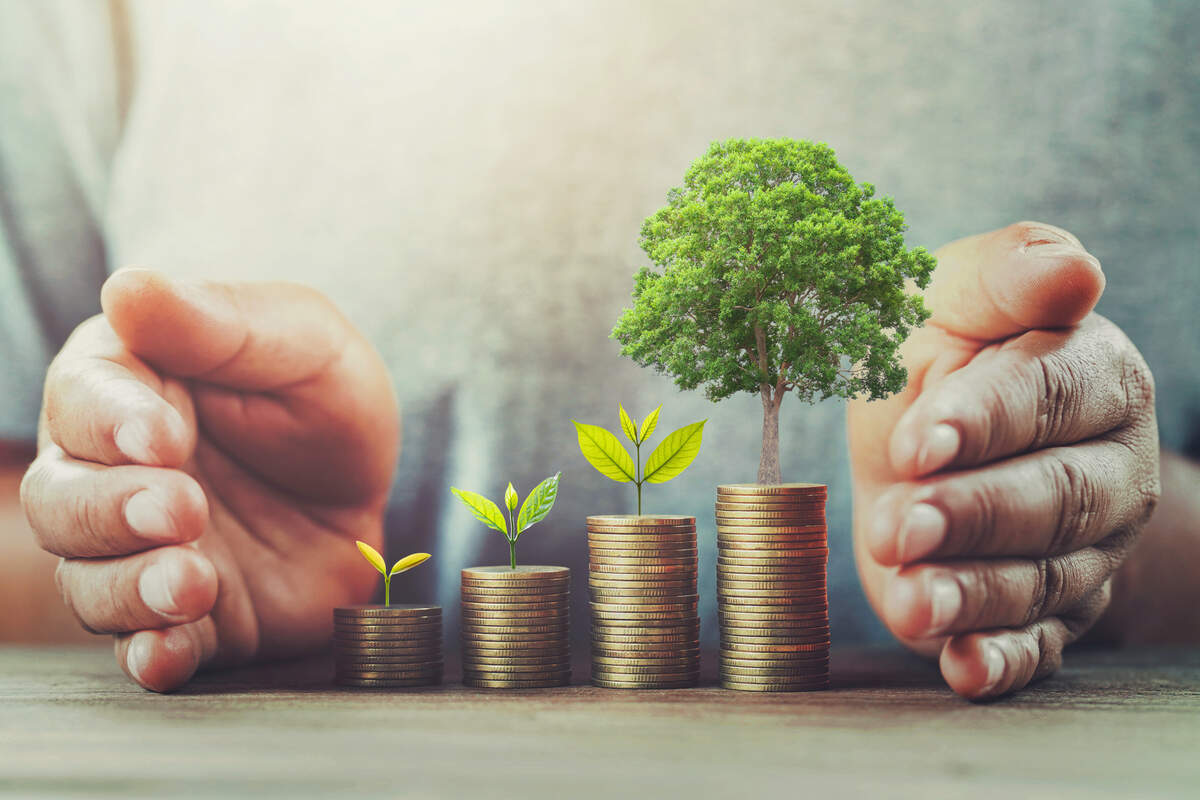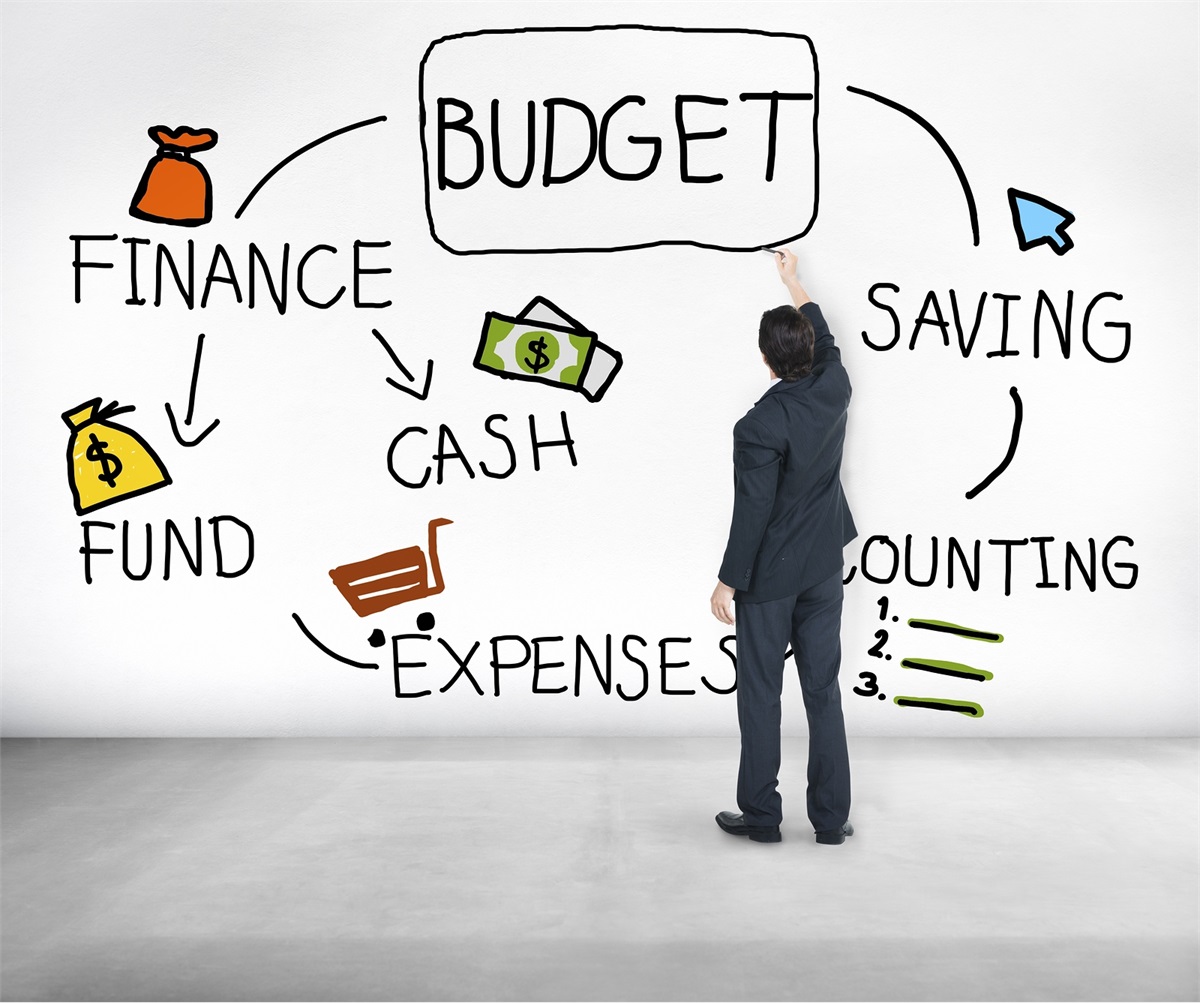More than half unlikely to get COVID-19 vaccine under emergency use authorization

The very first COVID-19 vaccine has gained unexpected emergency use authorization. But a crucial dilemma remains: Will U.S. grownups be willing to get it?
A new research led by a Virginia Commonwealth College professor is among the the very first to examine the psychological and social predictors of adults’ willingness to get a upcoming COVID-19 vaccine and whether these predictors differ under an unexpected emergency use authorization launch of the vaccine.
“Willingness to Get the COVID-19 Vaccine with and devoid of Unexpected emergency Use Authorization,” revealed in the American Journal of Infection Command, associated a study of 788 U.S. grownups, and observed that fifty nine.nine{ae9868201ea352e02dded42c9f03788806ac4deebecf3e725332939dc9b357ad} of respondents had been unquestionably or most likely organizing to acquire a upcoming coronavirus vaccine, though eighteen.eight{ae9868201ea352e02dded42c9f03788806ac4deebecf3e725332939dc9b357ad} had been neutral and 21.three{ae9868201ea352e02dded42c9f03788806ac4deebecf3e725332939dc9b357ad} had been most likely or unquestionably not organizing to get it.
What is actually THE Impact
When requested if they would get the vaccine under an unexpected emergency use authorization, 46.nine{ae9868201ea352e02dded42c9f03788806ac4deebecf3e725332939dc9b357ad} of respondents reported they had been unquestionably, probably, or rather willing to do so though fifty three.1{ae9868201ea352e02dded42c9f03788806ac4deebecf3e725332939dc9b357ad} reported they had been unquestionably, probably, or rather unwilling to do so.
This indicated trepidation among the people when it arrives to vaccines authorized under unexpected emergency use authorization. Concerns about aspect outcomes had been also a major barrier, and supplied that there have been aspect outcomes documented in some persons with both the Pfizer and Moderna vaccines, that might sign more hesitancy.
There had been also troubling disparities among the demographic groups. For instance, more youthful respondents had been a lot more probably than older respondents to specific a willingness to get the vaccine. And it observed that white respondents had been a lot more probably than Black respondents to be willing to get the vaccine, either under unexpected emergency use authorization or regular Foodstuff and Drug Administration approval.
What helps make that particularly worrying is that Black People in america are infected with COVID-19 drastically a lot more commonly than white People in america, and are also a lot more probably to die from the virus — byproducts of what the authors counsel is a background of clinical mistreatment of African People in america.
This background potential customers to a wariness of the vaccine that the authors say is understandable, and necessitates a conversation marketing campaign to relieve distrust and any other supplemental issues.
Important predictors of a willingness to get the coronavirus vaccine involved schooling degree and having overall health insurance, as nicely as a higher perceived susceptibility to COVID-19. Predictors of a willingness to get the vaccine under an unexpected emergency use authorization involved age and race/ethnicity.
The findings could assistance condition overall health communications and messaging as distribution of the vaccines commence throughout the nation. It suggests that messages should really deal with issues about the COVID-19 vaccine and its development and enhance its added benefits. It also suggests that these initiatives might need to go outside of just communications campaigns correcting misinformation about a vaccine to concentrating on re-establishing general public have faith in in authorities organizations and drugs.
THE Larger Development
Distribution of the Pfizer/BioNTech vaccine began in the United States yesterday and has now begun in the United Kingdom, with a concentrate on inoculating healthcare employees. While people with a major background of allergic reactions have had adverse reactions to the vaccine, the outcome is moderate on most persons and is compared to the feeling one receives immediately after obtaining a flu shot.
As a vaccine turns into available, a lot more than a third of grownups say they are unwilling to take it, in accordance to the personal nonprofit Staff Profit Study Institute and unbiased exploration company Greenwald Study, which unveiled their annual Shopper Engagement in Wellbeing Care Survey.
The CEHCS observed that only 55{ae9868201ea352e02dded42c9f03788806ac4deebecf3e725332939dc9b357ad} of the grownup populace was willing to acquire a COVID-19 vaccine, and 24{ae9868201ea352e02dded42c9f03788806ac4deebecf3e725332939dc9b357ad} reported they would not get the vaccine. Nine per cent reported that it relies upon, and 12{ae9868201ea352e02dded42c9f03788806ac4deebecf3e725332939dc9b357ad} had been unsure.
Twitter: @JELagasse
Email the author: [email protected]




